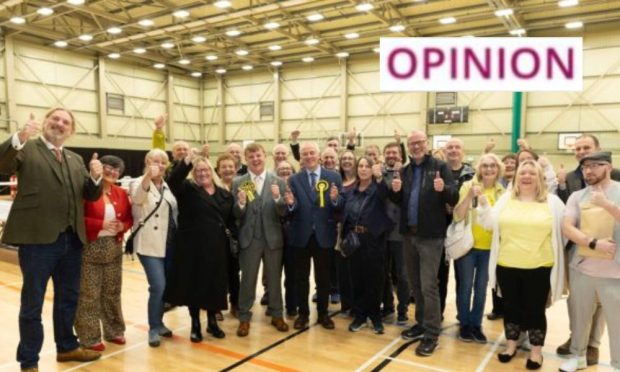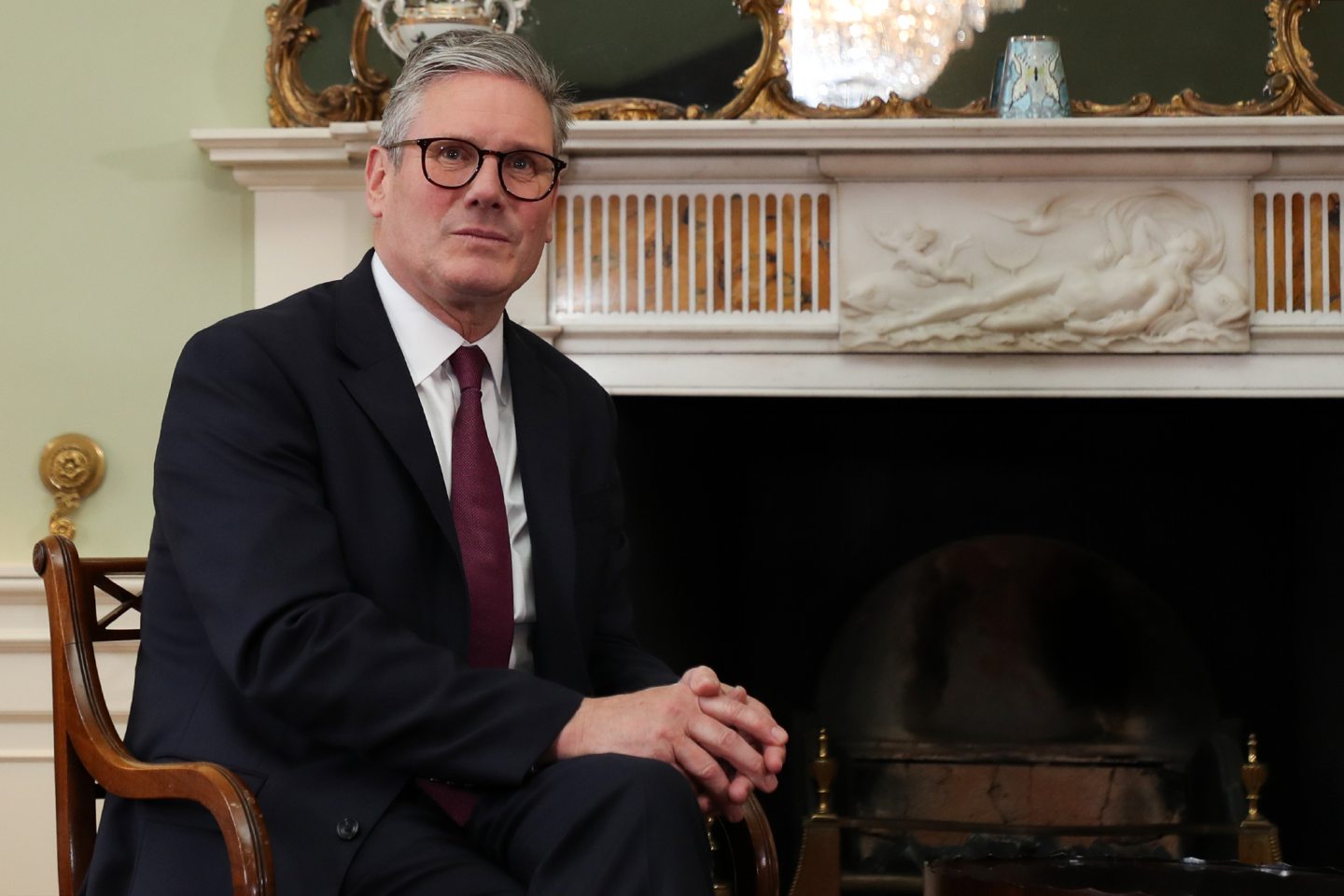We just got a sneak preview of the 2026 Scottish Parliament elections in miniature across these two council by-elections in Dundee last week – and there’s flashing lights ahead for all involved.
Having run the SNP really close in the July general election, Labour had high hopes of winning in the Lochee and Strathmartine wards last week and they had every reason to be cheerful.
A Labour government, led by Sir Keir Starmer, not yet 100 days in office should have been adding to the black column on the political balance sheet.
The tides of change should have swiped into the city from the banks of the Tay.
Here, though, that theory hit the reality of a UK Government that yes, has a thumping majority of more than 170, but one built on just a 34% share of the vote and with a public royally fed-up with the political class, regardless of party affiliation.
Labour’s first 100 days in office will be remembered for two key things – the scrapping of the winter fuel allowance and the extent of the freebies politicians have been in receipt of.
‘Nudge and a wink’
What’s interesting about this is that each isn’t that bad in isolation, but the compound effect of the two together is grim for Labour.
There’s not a single Labour MP that is comfortable with the idea of axing the winter fuel payment, but many can rationalise it away knowing that if there has to be cuts, because of the state the Tories left the finances in, then this is one of the least egregious ones.
Yes – they are taking £300 away from pensioners, but those same pensioners saw their pension go up by about £900 in April.
If you’re robbing Peter to pay Paul, there’s some comfort in knowing Peter has had a better fist of the last 10 years than most folk because of the pension triple lock.
Of course, all pensioners should receive a winter fuel payment regardless of their income levels as part of a social contract that says if you’ve paid in to the kitty your whole life, the kitty should tip out for you in later years.
Yet that is an argument for times of plenty, and the reality is the kitty is pretty empty and hard choices about what needs to be prioritised need to be taken now.
Meanwhile, on its own, in isolation there’s nothing scandalous about politicians being given clothes or lent houses by people who want them to win and want to contribute to that end.
What matters is that the giving is transparent and accountable. In fact, it’s exactly because it’s been reported in the register of interests that we’re all talking about it.
And funnily enough, after 14 years of taking a kicking for their own impropriety the Tories are more than happy to fan the flames of this story with a nudge and a wink in the hope that the public will see it as a proper scandal – like David Cameron’s lobbying affair with Greensill or the hundreds of millions of pounds given to Tory friends and donors in the form of contracts during the PPE scandal.
Labour MPs can justly howl into the night that the public have lost all sense of proportionality, that a ticket to a football game is not the cash for access scandal you think it is. And it’s not, but context is everything.
This is fast becoming a story where the facts don’t matter because what matters is how this story makes us feel, the optics of the chancellor saying tough choices must be made in the same newspapers carrying stories of gift largesse.
Dundee democracy
There’s plenty of evidence to suggest that a political scandal doesn’t affect the tribe that committed it but all politicians in the round.
That was a lesson Labour should have learned when Boris Johnson broke the Covid rules.
Too many people thought that was a story which would solely damage the Conservatives when in truth it damaged all politicians.
It reinforced the idea that there’s one rule for politicians and another for everyone else. Just as this story does.
What happened in those Dundee byelections was a classic example of democracy in action.
It’s highly likely that many people who voted Labour in July voted SNP in those by-elections to send a message that they’re not best pleased with the Labour government to date.
That tells us there’s all to play for in 2026.
Voters don’t tend to show gratitude with their ballots, particularly when trust in politicians is as low as it is.
We don’t reward politicians for the things they do but punish them for the things they don’t do.
Like deliver the change they were promised.
2026 election
It leaves me to wonder if 2026 might be the most negative election we’ll witness in Scottish political history.
With money so tight and unlikely to ease soon, it simply can’t be an election where each party outbids the other with its promises of freebies.
In the absence of that, the battle will be to overcome the government we’re most disgruntled with – the SNP for its weak and ageing record after 17 years in power or Labour for promising change and, so far, offering little but more of the same.













Conversation